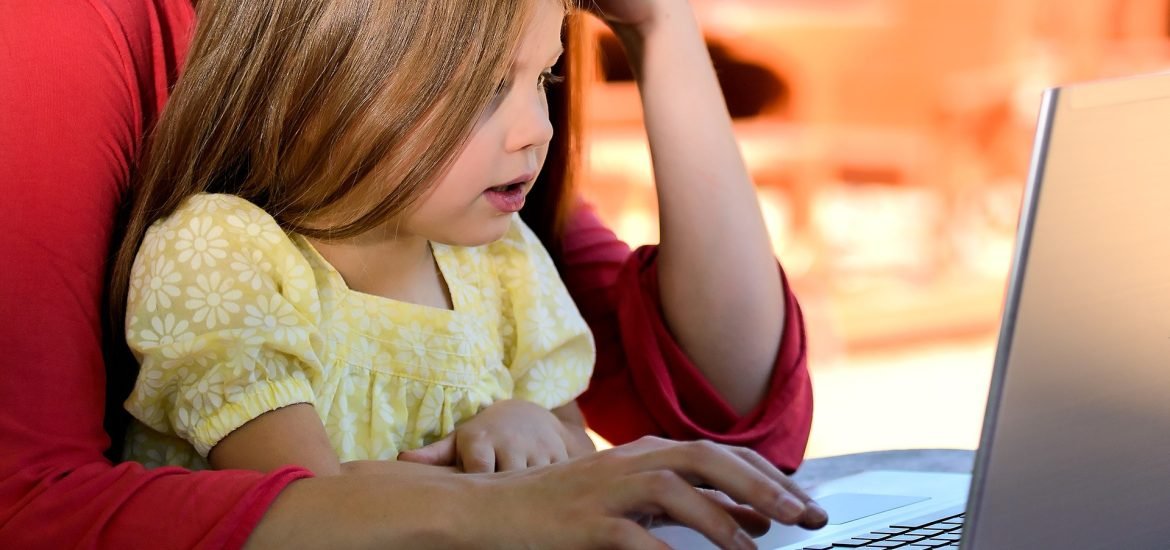
Helicopter parenting can prevent children from developing the ability to regulate their own emotions, which can lead to behavioural, social and academic problems later on, according to a new study. Researchers suggest parents should give their toddlers space to learn and manage their emotions on their own in order to excel.
The study was conducted by team of researchers from the United States and Switzerland and published by the American Psychological Association in the journal Developmental Psychology on Monday.
“Our research showed that children with helicopter parents may be less able to deal with the challenging demands of growing up, especially with navigating the complex school environment,” said lead author Dr Nicole Perry, from the University of Minnesota. “Children who cannot regulate their emotions and behaviour effectively are more likely to act out in the classroom, to have a harder time making friends and to struggle in school.”
Over the course of eight years, researchers assessed the behaviour of 422 children and their parents in the US and Switzerland. The children were evaluated at ages two, five and ten, with researchers collecting data from observations of parent-child interactions, teacher-reported responses and self-reports from the ten-year-olds.
At the age of two, children and their mothers were asked to play with toys in the laboratory as they typically did at home. The researchers evaluated to what extent the mothers tried to take over the task or show their child what to do. Three years later, the team assessed the same children’s ability to solve a puzzle in a limited amount of time and their reactions to being given an unfair share of sweets.
The team also asked teachers to evaluate the children’s social skills, academic performance and problems such as loneliness, depression or anxiety when the children were five and ten.
After controlling for factors such as socioeconomic status, age and behaviour as a toddler, the team found a link between mothers showing more controlling behaviour at age two and children exhibiting less emotional control at age five. Researchers also found that children with greater abilities to regulate their emotions at age five were more likely to perform well in school and have better social skills by the time they were ten.
“Children who developed the ability to effectively calm themselves during distressing situations and to conduct themselves appropriately had an easier time adjusting to the increasingly difficult demands of preadolescent school environments,” said Perry.
In addition to “supporting children’s autonomy,” Perry urged parents to “set good examples for their children by using positive coping strategies to manage their own emotions and behaviour when upset.”
The Guardian points out that the study did not take factors such as parenting changes or children’s health into consideration, and only evaluated the mothers’ behaviour at one point in time. Despite the study’s limitations, the findings were welcomed by some experts who were not involved in the research.
Dieter Wolke, professor of developmental psychology at the University of Warwick, told The Guardian that although the study did not examine whether the mothers had anxiety disorders, its findings are supported by previous work showing that issues can arise when children lack self-regulation early in life.
However, Dr Janet Goodall from the University of Bath said the results should be interpreted with caution, emphasising that cultural and environmental factors must be taken into consideration when assessing what level of parental control is “too much.”
“While the study shows a connection between what they call over-controlling parenting and later issues, it doesn’t say that this is the cause of later issues, it says it goes along with it – and they only observed parents for six minutes,” Dr Goodall told The Guardian.